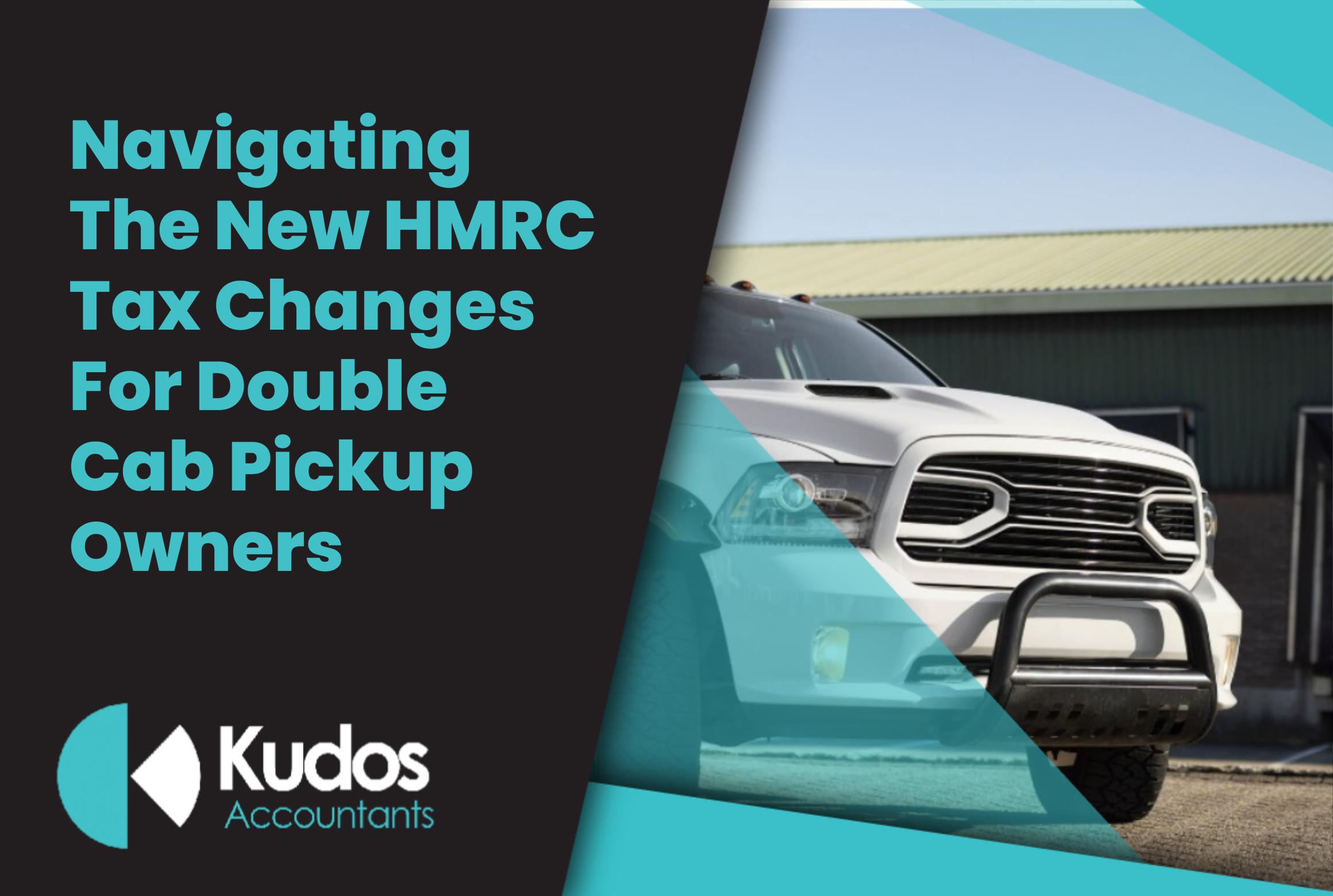20/2/24 update: This has now been reversed by HMRC and pickups will still be classed as commercial vehicles.
This guidance applies exclusively to companies acquiring pickup trucks after 30 June 2024. Vehicles bought before this date will not be subject to the changes. Companies have a four month period to make their purchases before these new guidelines take effect. As of 1 July 2024, the landscape of vehicle taxation in the UK is set to undergo significant changes, particularly affecting owners of double cab pickups. The HM Revenue & Customs (HMRC) has announced adjustments to the Benefit-in-Kind (BIK) tax rules, which may lead to increased tax liabilities for some vehicle owners. This blog aims to demystify these changes, offering key insights and advice to help you navigate this transition smoothly.
Understanding the Changes
The HMRC’s new policy focuses on double cab pickups with a payload of less than one tonne, altering their BIK tax classification. Previously, these vehicles enjoyed a favourable tax treatment compared to cars, making them an attractive option for both personal and business use. However, the revised rules mean that these vehicles will now be taxed similarly to cars if they are used for private purposes, potentially leading to a significant hike in tax liabilities for some owners.
Who Will Be Affected?
The changes will primarily affect individuals and businesses that use double cab pickups for private purposes. If your vehicle:
- Has a payload of less than one tonne,
- Is used for personal transportation beyond merely commuting,
You might see an increase in your tax bill.
Transitional arrangements
Transitional arrangements will apply for employers that have purchased, leased, or ordered a double cab pickup before 1 July 2024, whereby they will be able to rely upon the previous treatment until the earlier of disposal, lease expiry, or 5 April 2028. The position prior to 1 July 2024 remains unchanged as outlined at EIM23150.



























